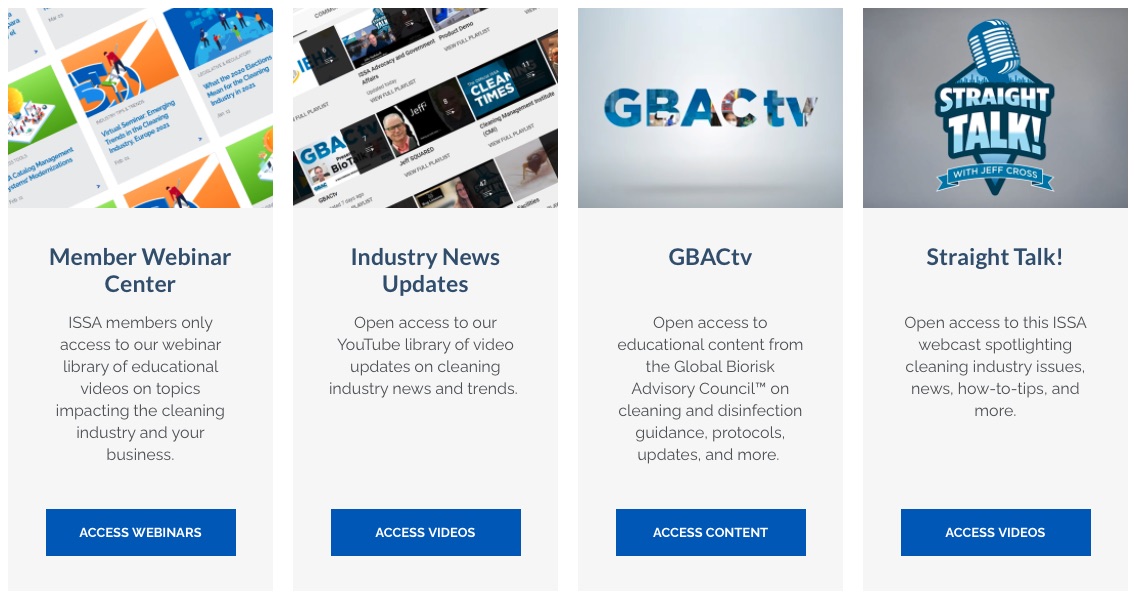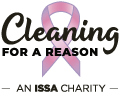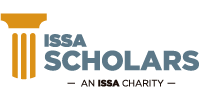Articles
The Language of Sustainability (Part 3)
Categories: Sustainability & ESG
By Stephen P. Ashkin | April 13, 2018 << Back to ArticlesIn this third and last part of our series on the Language of Sustainability, we will discuss some of the organizations that have developed criteria and standards to help measure and monitor sustainability efforts. These organizations are helping to encourage organizations, communities, and entire countries to become more sustainability-focused. It is important for those of us in the professional cleaning industry to be aware of these initiatives because they are going to influence purchasing decisions, which means they will have a significant impact on our industry in years to come.
Global Reporting Initiative (GRI): GRI is an international, independent standards organization that provides a reporting framework to help organizations identify, gather, and report sustainability-related information in a transparent and comparable manner. In 2017, 75 percent of the Global Fortune 250 reported their sustainable efforts by applying the GRI reporting framework.
Carbon Disclosure Project (CDP): The CDP is a United Kingdom-based organization that supports and encourages companies and cities to disclose the environmental impact of major corporations. It aims to (1) make environmental reporting and risk management a business reporting norm, and (2) drive disclosure, insight, and action toward a sustainable economy. Since 2002 more than 6,000 companies have publicly disclosed environmental information through CDP.
Energy Star buildings: Energy Star is a program from the U.S. Environmental Protection Agency designed to encourage the use of more energy-efficient products. While the program is very consumer-focused, it also has a program for commercial buildings. The building program benchmarks similar buildings on a scale from 1 to 100, with those at 1 representing buildings in the bottom 1 percent of that building type. The building that scores 100 is in the top 1 percent, indicating it is among the most energy-efficient buildings of its kind. Since energy is an enormous cost and the production of energy has significant environmental impacts, organizations often start their sustainability efforts by addressing energy, making this a program our industry needs to be aware of.
Key performance indicators (KPIs): This term refers to the specific metrics an organization tracks to judge its performance. Typical sustainability KPIs for the cleaning industry include energy and water consumption and waste management, as well as green products used or sold. Other KPIs can be used to describe performance on social issues such as hiring practices and pay for women, minorities, and people with disabilities.
Renewable energy: While we hear this term “renewable energy,” it is not always clear what it is referring to. To clarify, renewable energy is energy generated from renewable resources—those resources that are naturally replenished by sunlight, wind, rain, tides, waves, and geothermal heat. These renewable sources produce fewer greenhouse gases and have a reduced impact on climate change when compared to energy from coal, oil, natural gas, or petroleum.
Finally, I would like to refer back to something that was discussed in part one of our discussion and that is that sustainability is a venture, a journey. We can compare it to the evolution of green cleaning. Over the years it has evolved and grown. Building owners, managers, as well as all segments of the professional cleaning industry, found new ways to reduce the impact of cleaning on the health of cleaning workers, building users, and the environment.
Sustainability has also evolved and will do so even more in the future. This will likely mean that the language of sustainability will change, with new terms introduced and some old ones shifting away. But what will not shift away is that sustainability, just like green cleaning, is set to have a very big impact on our industry. If you have not done so already, it’s time to get onboard.
This is the third in a series on the language of sustainability. For the part one, click here and for part two, click here.
About the Author.
Stephen P. Ashkin is president of The Ashkin Group, a consulting firm working to “green” the cleaning industry, executive director of the Green Cleaning Network, a nonprofit organization working to accelerate the adoption of green cleaning by building owners and managers, and cofounder of Green Cleaning University. He can be reached at 812-332-7950.





